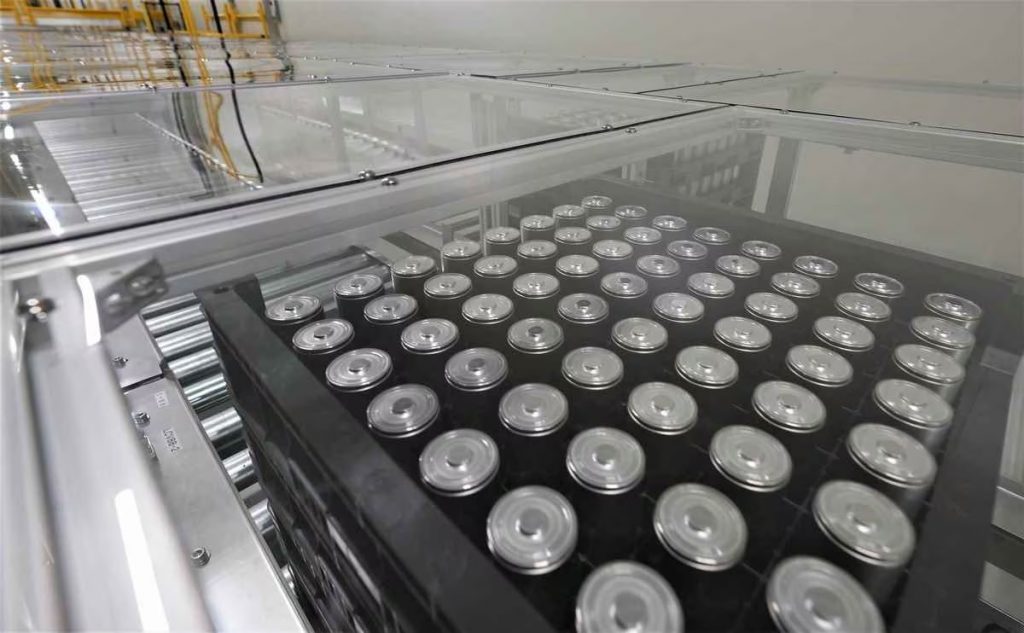このページを 日本語 で読む
On September 9, Panasonic Holdings announced that preparations for mass production of its new lithium-ion EV battery are complete. The battery boasts approximately five times the capacity of previous models. It is expected to extend the driving range of electric vehicles (EVs). The batteries will be supplied to Tesla, a US-based EV giant and Panasonic's strategic partner.
Production Advantages
The EV battery will be produced at a factory in Wakayama Prefecture. Refurbishment of the factory is also complete, the company reports. Mass production is set to begin following some final assessments.
Called the 4680 battery, the new lithium-ion battery is cylindrical – similar in shape to a standard double-A household battery. The 4680 is expected to not only extend EV driving range but also to reduce the number of batteries installed in EVs. Lower costs of EVs overall could also result.
Compared to conventional lithium-ion batteries, the production of Panasonic's new battery requires less capital investment. The company has also reduced assembly personnel by 30 to 50%. By expanding the technology to its existing factories, Panasonic says the productivity of older products can also be improved.
Enhancing Operations
Panasonic's battery business in the US is benefiting significantly from government EV subsidies. Meanwhile, production at domestic factories is on the decline due to a stagnating EV market.
But policies on subsidies could shift depending on the outcome of November's US presidential election. As such, Panasonic's challenge in the battery business is to strengthen its profitability.
CEO of Panasonic Energy Kazuhito Tadanobu explained. "By developing the 4680, we introduced innovations that will raise the overall level of our operations. We plan to expand to other factories as well," he said.
このページを 日本語 で読む
